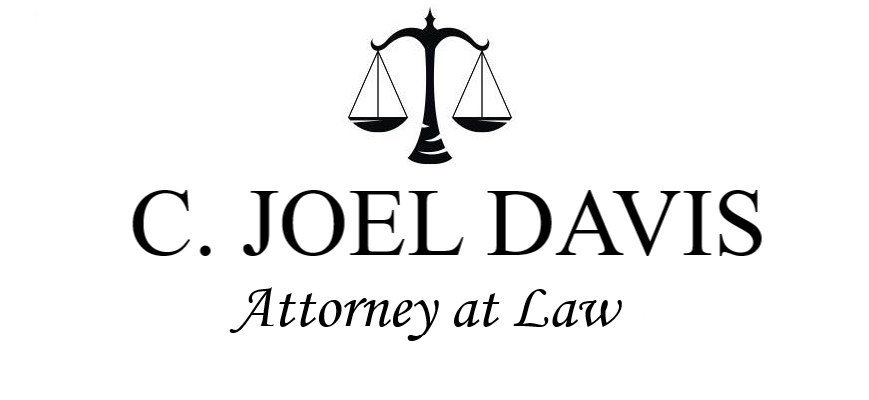Disorderly Conduct, much like “obstruction,” is a frequently used, broadly interpreted charge that seems to get tacked on to many criminal cases in Georgia. Law enforcement will commonly identify any behavior that isn’t affirmatively cooperative as obstructive or disorderly and will charge a person with a separate crime simply for what usually amounts to impolite behavior. However, rather than simply proscribing aggravating conduct, Georgia law generally requires that a person place another in reasonable fear of the safety of such person's life, limb, health, or property to rise to criminal conduct. O.C.G.A. 16-11-39. In other words, not all bad behavior is legally disorderly.
The Supreme Court of Georgia recently affirmed this principle and further clarified that some conduct, although potentially disorderly by the Webster's definition, may still be protected as Constitutionally protected expressive speech. In Freeman v. Georgia, 805 S.E. 2d 845 (2017), Davis Freeman was convicted of disorderly conduct after standing up in a church service and raising his middle finger toward the pastor. Once the church service concluded, Freeman shouted out loud about the evils of public school and suggested public school children were being raised by the devil. He was charged with disorderly conduct for this behavior.
After reiterating the long-held principle that certain language and behavior falls outside the protection of the 1st Amendment, the Court found that “a raised middle finger, by itself, does not, without more, amount to fighting words” or other behavior that falls outside of constitutional protection. Because “Freeman’s actions did not amount to such fighting words or a true threat, the pastor could not have been placed in ‘reasonable fear of the safety of [his] life, limb, or health’” as required by the statute. As such, Freeman’s flipped bird was constitutionally protected free speech and his conviction was reversed.
To be sure, Freeman does not mean that Georgia’s disorderly conduct statue is invalid or that all disorderly conduct charges should be dismissed out of hand. But, given the frequency such charges are filed against criminal defendants in Georgia, it certainly means that each charge should be analyzed on a case-by-case basis to assess whether the charge is valid and/or whether there may be valid legal defenses available to defendants. For any disorderly conduct charge or other criminal matter in Georgia, don’t hesitate to contact Davis & Jones, Attorneys at Law for a thorough analysis of your case and any potential defenses that may be available.
For the entire opinion in Freeman v. Georgia, click here.
